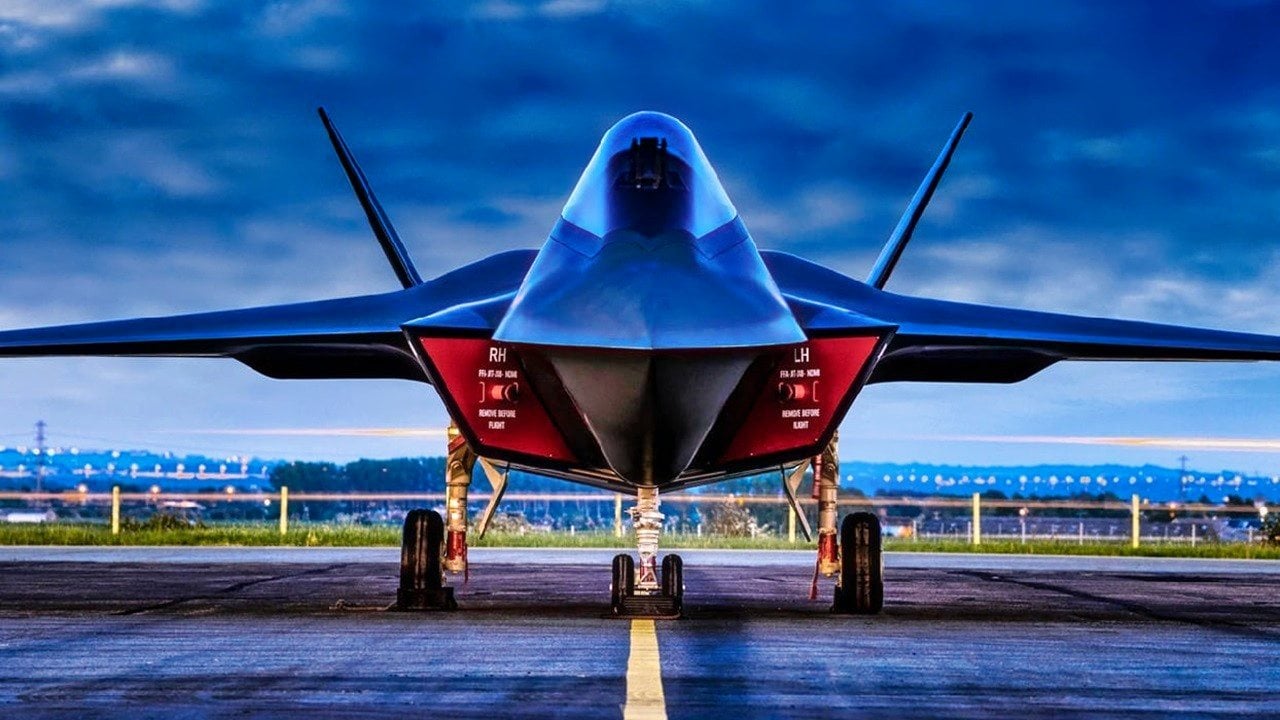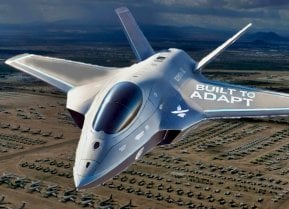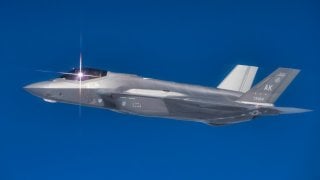The UK Could Back Out of the F-35 Fighter Program
The UK's new Labour government faces a £22 billion deficit, prompting speculation that defense spending could be cut, potentially affecting the F-35 Lightning II program. Despite previous plans to acquire 138 F-35s, only 48 have been ordered.
Summary and Key Points: The UK's new Labour government faces a £22 billion deficit, prompting speculation that defense spending could be cut, potentially affecting the F-35 Lightning II program. Despite previous plans to acquire 138 F-35s, only 48 have been ordered.
-The Ministry of Defence warns that cutting the program could undermine national security and the Carrier Strike Group's effectiveness.
-Given financial constraints, the government may prioritize the future Tempest fighter as part of the Global Air Combat Programme (GCAP) over additional F-35s. This shift could impact jobs and the defense industry, with the F-35 program potentially being scaled back.
UK's F-35 Program at Risk Amid £22 Billion Deficit, Labour Government Weighs Options
The United Kingdom's new Labour government continues to deal with a £22billion "black hole" that was discovered after the left centralist party took power from the Conservatives in last month's general elections. That has led to speculation that Prime Minister Sir Keir Starmer would seek to scale back on defense spending – and that could impact London's already wavering commitment to the Lockheed Martin F-35 Lightning II multirole fifth-generation stealth fighter.
The UK's Ministry of Defence (MoD) has called upon the government not to scrap the program as a cost-saving measure, warning that it would impact security and that billions had already been spent.
"Given the huge investment already made in the Carrier Strike Group programme it would be madness not to further invest and make sure we have enough aircraft with the right capability, otherwise the whole programme could look like a white elephant," Lord Dannatt, the former head of the British Army, told The Telegraph newspaper.
Original plans called for the UK to acquire 138 of the fifth-generation multirole fighters – which would include the air wings for its two Queen Elizabeth-class aircraft carriers – but to date, just 48 of the aircraft have been ordered, with 34 delivered. One of those was damaged beyond repair while operating from HMS Queen Elizabeth in the Mediterranean in 2021.
Current Deal Probably Dead in the Water
The Tories had been negotiating to purchase an additional 27 of the stealth aircraft, which would be delivered by 2033. That deal was valued at around £5 billion ($6.2 billion) and could be seen as simply too expensive, even as supporters of the F-35 program have further noted that it has been widely adopted by NATO allies and regional partners in Europe and the Indo-Pacific – allowing for greater interoperability.
Government sources told the British paper of record that they remained committed to the program, but the issue is whether Downing Street will support the acquisition as it seeks to cut spending. Current plans call for seven major UK government programs to have their delivery dates pushed back by a year or more.
London to Shift Focus to GACP
The Labour government may force the MoD to decide between the F-35 and the future Tempest, the planned sixth-generation fighter that is part of the British-led Global Air Combat Programme (GCAP). The UK is working with Italy and Japan on the GCAP, which like the United States Air Force's Next Generation Air Dominance (NGAD) program calls for a system of systems that could include a manned fighter supported by multiple unmanned aerial systems (UAS) or drones.

The irony is that U.S. Air Force officials have expressed concerns over the NGAD's cost, and whether technology will increase at such a pass that it could make any sixth-generation fighter almost obsolete upon arrival. While the U.S. is concerned about the costs of the future program, the UK has questioned investing in the fifth-generation aircraft.
Defense analyst Francis Tusa previously told The Telegraph that there the F-35 should also be seen as a "less capable, flawed platform, with a quite stormy future, full of uncertainty."
Moreover, BAE Systems has noted that more than 1,000 suppliers are supporting the GCAP program, while 3,500 people work directly on the development of the aircraft, and further supports 16,000 jobs in the UK. Given those facts, the writing could be on the wall – the F-35 will be cut back while the UK charges forward with its Tempest fighter. It might be hard for Labour to make any other decision.
Author Experience and Expertise: Peter Suciu
Peter Suciu is a Michigan-based writer. He has contributed to more than four dozen magazines, newspapers, and websites with over 3,200 published pieces over a twenty-year career in journalism. He regularly writes about military hardware, firearms history, cybersecurity, politics, and international affairs. Peter is also a Contributing Writer for Forbes and Clearance Jobs. You can follow him on Twitter: @PeterSuciu. You can email the author: [email protected].
Image Credit: Creative Commons.


